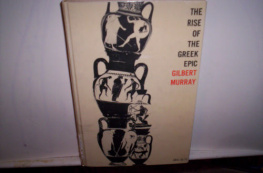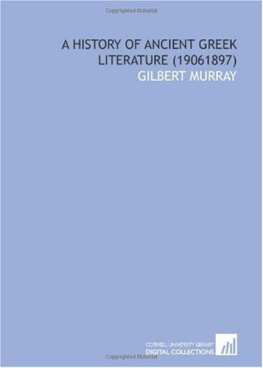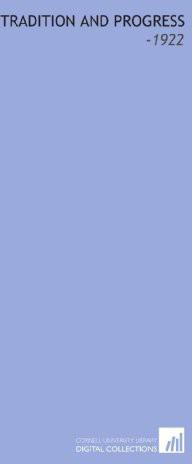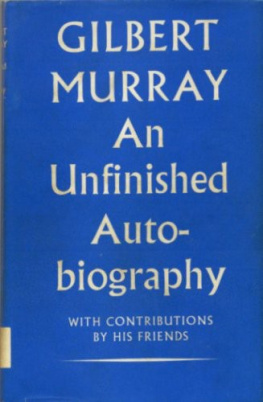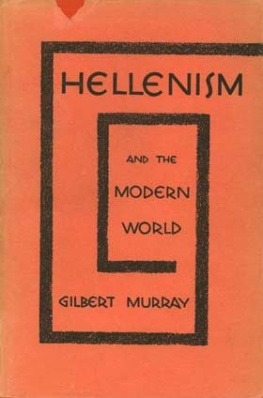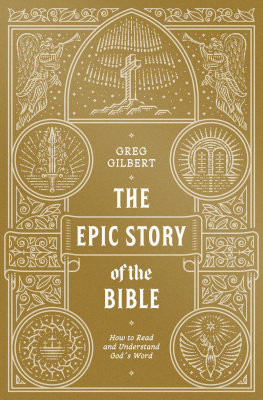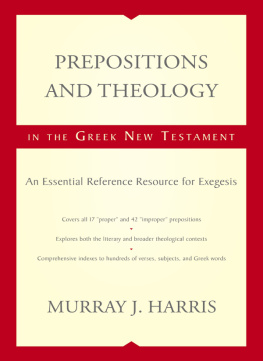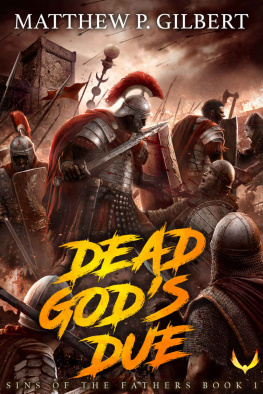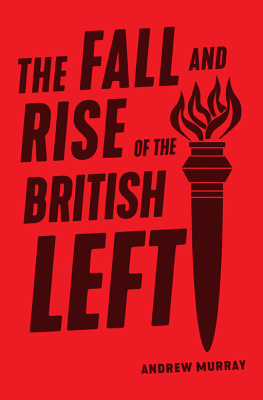Gilbert Murray - The Rise of the Greek Epic
Here you can read online Gilbert Murray - The Rise of the Greek Epic full text of the book (entire story) in english for free. Download pdf and epub, get meaning, cover and reviews about this ebook. year: 1960, publisher: Oxford University Press, genre: Science. Description of the work, (preface) as well as reviews are available. Best literature library LitArk.com created for fans of good reading and offers a wide selection of genres:
Romance novel
Science fiction
Adventure
Detective
Science
History
Home and family
Prose
Art
Politics
Computer
Non-fiction
Religion
Business
Children
Humor
Choose a favorite category and find really read worthwhile books. Enjoy immersion in the world of imagination, feel the emotions of the characters or learn something new for yourself, make an fascinating discovery.
- Book:The Rise of the Greek Epic
- Author:
- Publisher:Oxford University Press
- Genre:
- Year:1960
- Rating:3 / 5
- Favourites:Add to favourites
- Your mark:
- 60
- 1
- 2
- 3
- 4
- 5
The Rise of the Greek Epic: summary, description and annotation
We offer to read an annotation, description, summary or preface (depends on what the author of the book "The Rise of the Greek Epic" wrote himself). If you haven't found the necessary information about the book — write in the comments, we will try to find it.
The Rise of the Greek Epic — read online for free the complete book (whole text) full work
Below is the text of the book, divided by pages. System saving the place of the last page read, allows you to conveniently read the book "The Rise of the Greek Epic" online for free, without having to search again every time where you left off. Put a bookmark, and you can go to the page where you finished reading at any time.
Font size:
Interval:
Bookmark:
BY GILBERT MURRAY, M.A., LL.D. FELLOW OF NEW COLLEGE, OXFORD FORMERLY PROFESSOR OF GREEK IN THE UNIVERSITY OF GLASGOW
OXFORD AT THE CLARENDON PRESS 1907
-i-
HENRY FROWDE, M.A. PUBLISHER TO THE UNIVERSITY OF OXFORD LONDON, EDINBURGH NEW YORK AND TORONTO
-ii-
THESE lectures were written in response to an invitation from Harvard University to deliver the Gardiner Lane Course for 1907s. Only some half of them were actually so delivered. The subject had been so long forming itself in my mind, and I was also so anxious not to allow any mere lack of pains to prove me unworthy of the honour thus offered me, that I soon found my material completely outrunning the bounds of the proposed course. I print the whole book; but I must confess that those parts of it which were spoken at Harvard have, if it is not egotistical to say so, a special place in my affections, through their association with the constant and most considerate kindness of Mr. and Mrs. Lane and of many others who became in varying degrees my xenoi in America.
The book touches on some subjects where, feeling more than usually conscious of the insecurity of my own knowledge, I have not scrupled to take advantage of the learning of my friends. On several points of archaeology and primitive history I have sought counsel from Prof. J. L. Myres; on points of Old French from Miss Pope of Somerville College; on Semitic matters, from my colleague Prof. D. S. Margoliouth, whose vast stores have stood always most generously open to me. In a more general way I am conscious of help received from Mr. J. W. Mackail and Mr. T. C. Snow, and above all from Miss J. E. Harrison, who read the Lectures in MS. and called my attention to much recent foreign literature which I should otherwise
-iii-
have neglected. The debt which I owe to her Prolegomena, also, will be visible on many of the ensuing pages.
In subjects such as these the conclusions reached by any writer can often be neither certain nor precise. Yet they may none the less be interesting and even valuable. If our evidence is incomplete, that is no reason for not using it as far as it goes. I have tried throughout the book never to think about making a debating case, or taking up the positions most easy to defend; but always to set out honestly and with much reflection what really seems to me to be most like the truth. I feel, indeed, that I ought perhaps to have stated my evidence much more fully and systematically. My excuse is that the lectures were originally written almost without books of reference, and that when I went over them to verify my statements and cite my authorities, I hesitated to load the book with references which might be unnecessary, and which in any case were rather in the nature of afterthoughts.
As regards the Homeric Question, which forms in one way or another an important element in my subject, I have long felt that the recent reaction against advanced views has been largely due, not indeed to lack of knowledge, but to inadequate understanding of what the 'advanced' critics really mean. A good part of my present work has therefore lain in thinking out with rather more imaginative effort many of the common phrases and hypotheses of Homeric criticism. My own views are not, of course, identical with those of any other writer. Among English scholars I agree most closely with Dr. Leaf, and may almost say that I accept his work as a basis. For the rest, I follow generally in the main tradition of Wolff, Lachmann, Kirchhoff, Wilamowitz. But the more I read, the more conscious I am of good work being done on all sides in the investigation of Greek religion and early
-iv-
history, and of the astonishing advance which those subjects have made within my own memory. The advance still continues. Archaeologists are throwing shafts of light even across that Dark Age of which I speak so much in Lectures II and III. My own little book, heaven knows! indulges in no dream of making a final statement of the truth on any part of its field. It is only an attempt to puzzle out a little more of the meaning of a certain remote age of the world, whose beauty and whose power of inspiration seem to shine the more wonderful the more resolutely we set ourselves to understand it.
GILBERT MURRAY
NEW COLLEGE, OXFORD, Sept. 1907.
-v-
|
| |||||||||||||||||||||||||||||||||||||||||||||||||||||||||||||||
| |||||||||||||||||||||||||||||||||||||||||||||||||||||||||||||||
|
Font size:
Interval:
Bookmark:
Similar books «The Rise of the Greek Epic»
Look at similar books to The Rise of the Greek Epic. We have selected literature similar in name and meaning in the hope of providing readers with more options to find new, interesting, not yet read works.
Discussion, reviews of the book The Rise of the Greek Epic and just readers' own opinions. Leave your comments, write what you think about the work, its meaning or the main characters. Specify what exactly you liked and what you didn't like, and why you think so.

